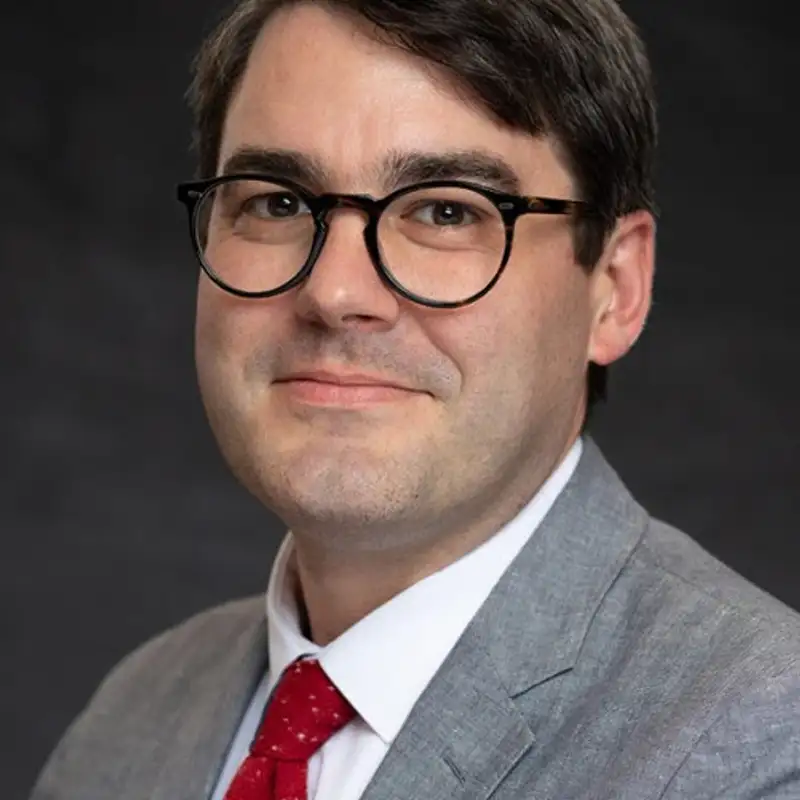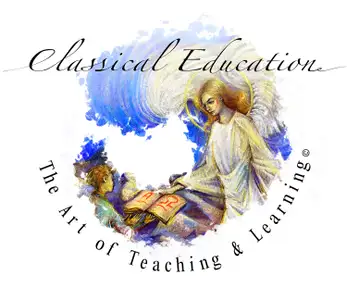How Language Works with Philologist Dr Erik Ellis from the University of Dallas
Dr. Erik Ellis is Assistant Professor of Classical Education at the University of Dallas. After graduating from the University Scholars Program at Baylor University with concentrations in Greek and Latin, Dr. Ellis received an MA in History from the same institution and served as a middle school and high school Latin teacher for five years in Tulsa, Oklahoma. Along with Latin, Dr. Ellis was privileged to teach history, logic, and French, the last of which had a decisive effect on his teaching of Latin. Two years into his teaching career, Dr. Ellis began researching and investigating communicative language pedagogy and its application to classical languages. After attending and offering workshops with the Oklahoma Foreign Language Teachers Association, SALVI, and Fr. Reginald Foster, Dr. Ellis left secondary teaching to continue his education. He received an MA in Classics, a Master of Medieval Studies, and a Doctorate in Medieval Studies at the Medieval Institute of the University of Notre Dame and studied at the Polis Institute and the Vatican Library in Rome. One of his research specializations was the history of education with a focus on the history of classical language teaching. Upon graduation, he worked for a year at Notre Dame’s Center for the Study of Languages and Cultures, where he received a certificate in Second Language Acquisition Theory and Methodology. Following this, he taught Latin, Greek, and general humanities courses at Universidad de los Andes in Santiago, Chile, and Hillsdale College before moving to his current role in the program in Classical Learning at the University of Dallas.
Show Notes
I had a delightful discussion with Dr. Ellis last year and invited him on to the show to discuss some really important concepts within the classical education movement. In order to rightly understand the tradition of a liberal arts education, we need to rightly define and understand the meaning of particular words. We discuss some wonderful words that are important to our understanding of the tradition which impacts how we teach.
Some topics included:
Show Notes
I had a delightful discussion with Dr. Ellis last year and invited him on to the show to discuss some really important concepts within the classical education movement. In order to rightly understand the tradition of a liberal arts education, we need to rightly define and understand the meaning of particular words. We discuss some wonderful words that are important to our understanding of the tradition which impacts how we teach.
Some topics included:
- Expanding on how the mind works while teaching the liberal arts.
- Fascinating word studies on Greek and Latin as spoken languages.
- The inclusion of a wealth of material from Constantine VII, Historically, Philosophically, and Theologically.
- Explaining anamnesis ( recollection): How this recollection through dialogue, song, and habituation, brings or makes things present.
- Writing; Is the focus on analysis and understanding, or is the aim to be able to speak wisely with an idea or account of a story that is understood and will bring about a greater reality?
- The meaning of the word "Logos."
UPCOMING SUMMER ANCIENT LANGUAGE WORKSHOPS AT THE UNIVERSITY OF DALLAS
Join Dr. Ellis at the University of Dallas for their summer intensive courses in Latin and Greek that they are hosting in partnership with the Polis Institute in Jerusalem.
More info here:
https://www.polisjerusalem.org/programs/international/
Resources
(Dr. Ellis's dissertation) The Historical Semantics of the Contemporary Classical Education Movement: Principia: A Journal of Classical Education, Volume 2, Issue 1, 2023- https://www.pdcnet.org/principia/content/principia_2023_0002_0001_0025_0041
What is Classical Education? By: Erik Ellis - https://theimaginativeconservative.org/2023/07/what-is-classical-education-erik-ellis.html
Are the Great Books Enough to Revive Our Education System? By: Erik Ellis - https://theimaginativeconservative.org/2020/04/great-books-enough-classical-education-erik-ellis.html
_____________________________________
Beautiful Teaching online courses:
Resources
(Dr. Ellis's dissertation) The Historical Semantics of the Contemporary Classical Education Movement: Principia: A Journal of Classical Education, Volume 2, Issue 1, 2023- https://www.pdcnet.org/principia/content/principia_2023_0002_0001_0025_0041
What is Classical Education? By: Erik Ellis - https://theimaginativeconservative.org/2023/07/what-is-classical-education-erik-ellis.html
Are the Great Books Enough to Revive Our Education System? By: Erik Ellis - https://theimaginativeconservative.org/2020/04/great-books-enough-classical-education-erik-ellis.html
_____________________________________
Beautiful Teaching online courses:
- BT online webinars, interactive courses, and book studies registration: https://beautifulteaching.coursestorm.com/
- 2025 Annual Online Classical Education Conference with the Beautiful Teaching Team - October 24-25, 2025
- Reading Josef Pieper with Dr. Fred Putnam will take place on Thursday evenings Sept-Dec. Space is very limited. This is a seminar experience. Interaction with Dr. Putnam is essential for this online course. If you are interested in having this immersive experience with him, you can enroll here: https://beautifulteaching.coursestorm.com/course/reading-josef-pieper-with-fred-putnam
________________________________________________________
This podcast is produced by Beautiful Teaching, LLC.
Support this podcast: ★ Support this podcast ★ _________________________________________________________
Credits:
Sound Engineer: Andrew Helsel
Logo Art: Anastasiya CF
Music: Vivaldi's Concerto for 2 Violins in B flat major, RV529 : Lana Trotovsek, violin Sreten Krstic, violin with Chamber Orchestra of Slovenian Philharmonic
© 2025 Beautiful Teaching LLC. All Rights Reserved.
This podcast is produced by Beautiful Teaching, LLC.
Support this podcast: ★ Support this podcast ★ _________________________________________________________
Credits:
Sound Engineer: Andrew Helsel
Logo Art: Anastasiya CF
Music: Vivaldi's Concerto for 2 Violins in B flat major, RV529 : Lana Trotovsek, violin Sreten Krstic, violin with Chamber Orchestra of Slovenian Philharmonic
© 2025 Beautiful Teaching LLC. All Rights Reserved.

